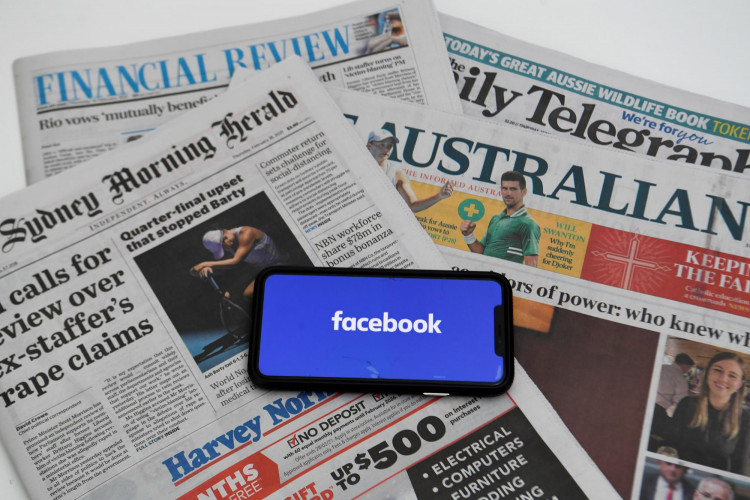Facebook abruptly cut local and international news outlets from its feed in Australia, with millions of users on Thursday discovering they could longer find and share news articles because the tech giant is opposed to proposed legislation to compensate publishers when their stories are posted by users, Bloomberg, CNN and others reported.
While the prohibition was only intended to target news publishers in the country, multiple pages run by major government agencies, charity groups, community pages and politicians were also taken down for several hours.
"What the proposed law introduced in Australia fails to recognize is the fundamental nature of the relationship between our platform and publishers," CNN quoted Campbell Brown, Facebook vice president for global news partnerships, as commenting in a blog post.
News outlets have demanded compensation for their articles, contending they should be fairly paid for their journalism as Facebook and Google dominate a huge portion of the advertising market.
The Bureau of Meteorology, Australia's main source of weather information, on Thursday said it could no longer access the site and advised users to visit its official website, Twitter page or app.
As the country prepares to start the distribution of COVID-19 vaccines, government health departments including Queensland Health and SA Health were prevented from posting.
In a statement, Facebook said its actions should not have affected those sites, and that it would make the pages that may have been "inadvertently impacted" accessible.
Facebook's announcement was made on the same day Google said it had sealed a three-year licensing agreement with Rupert Murdoch's News Corp., which owns The Wall Street Journal, to pay for its content.
Australian Treasurer Josh Frydenberg blasted Facebook's actions on Thursday as damaging to its presence in the country, calling the proposed policy an "important" initiative.
"It is not about the money. It is about the fact that Facebook wants to keep its powerful position everywhere in the world," Siva Vaidhyanathan, a professor of media studies at the University of Virginia, said in remarks quoted by NPR.






